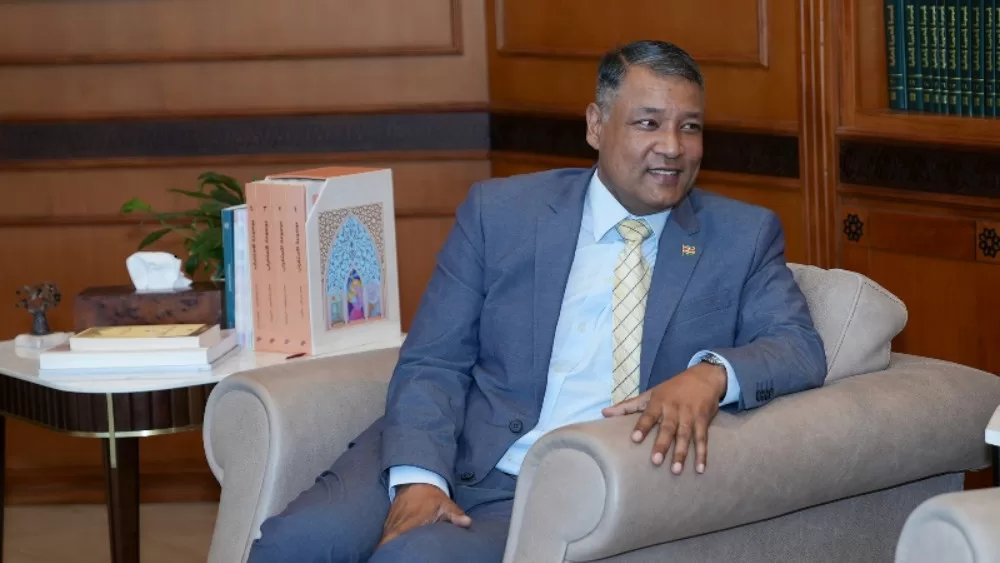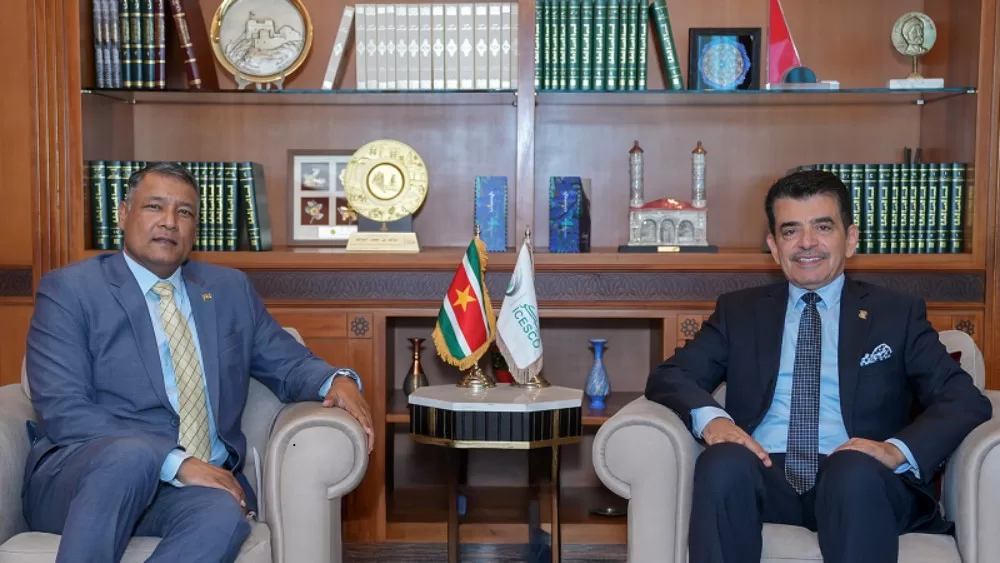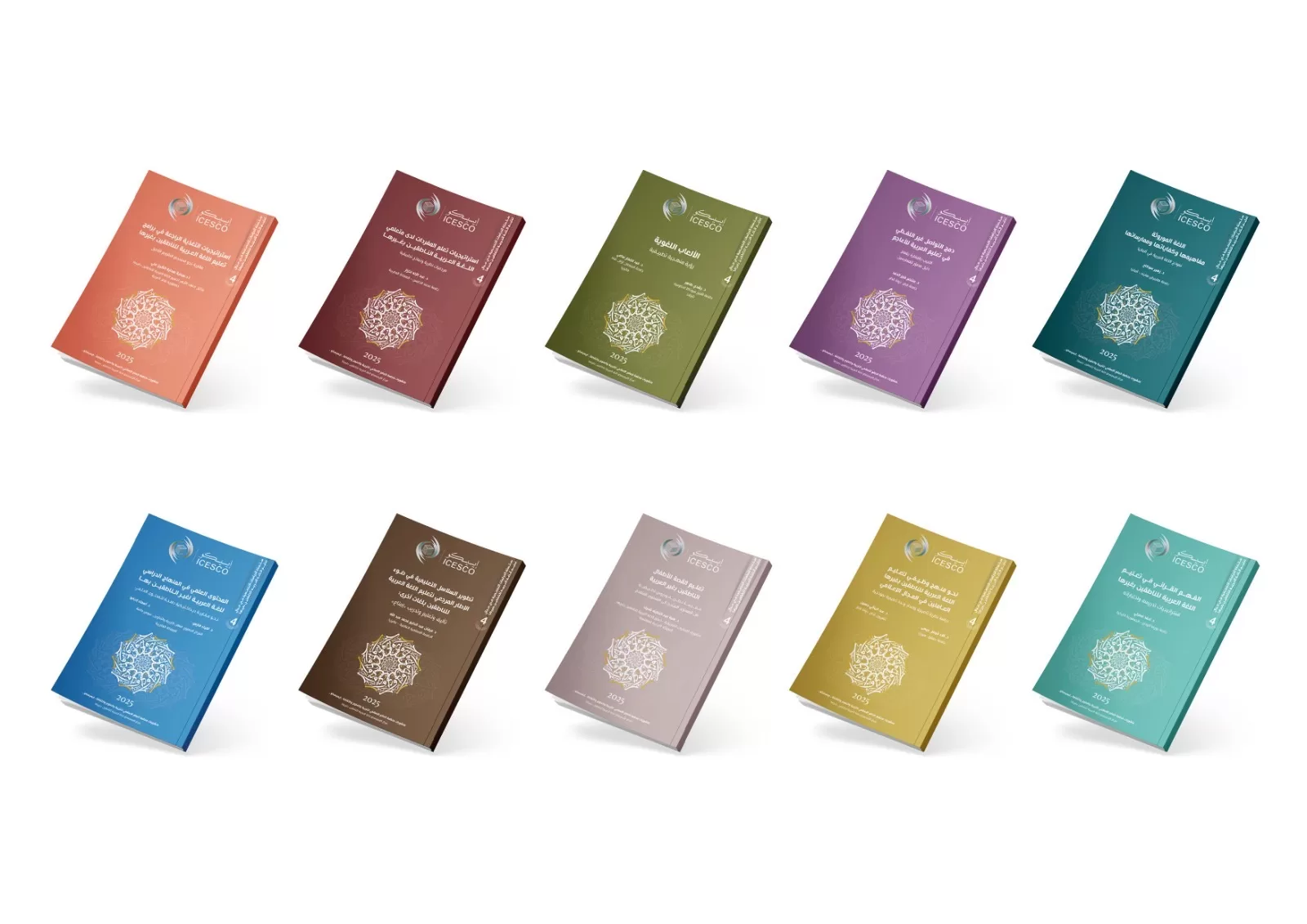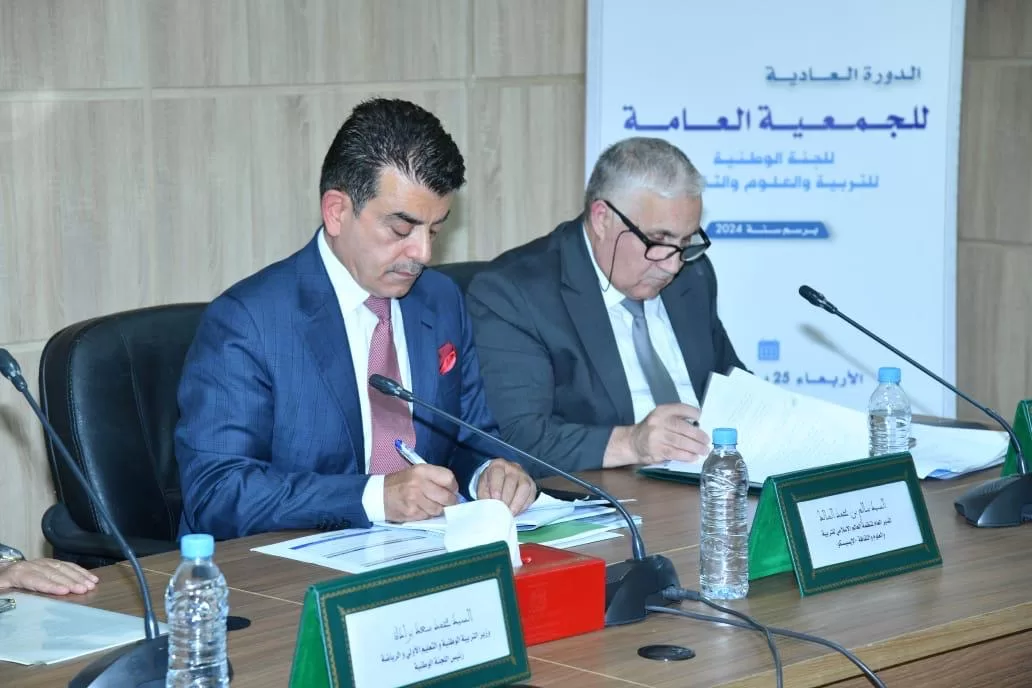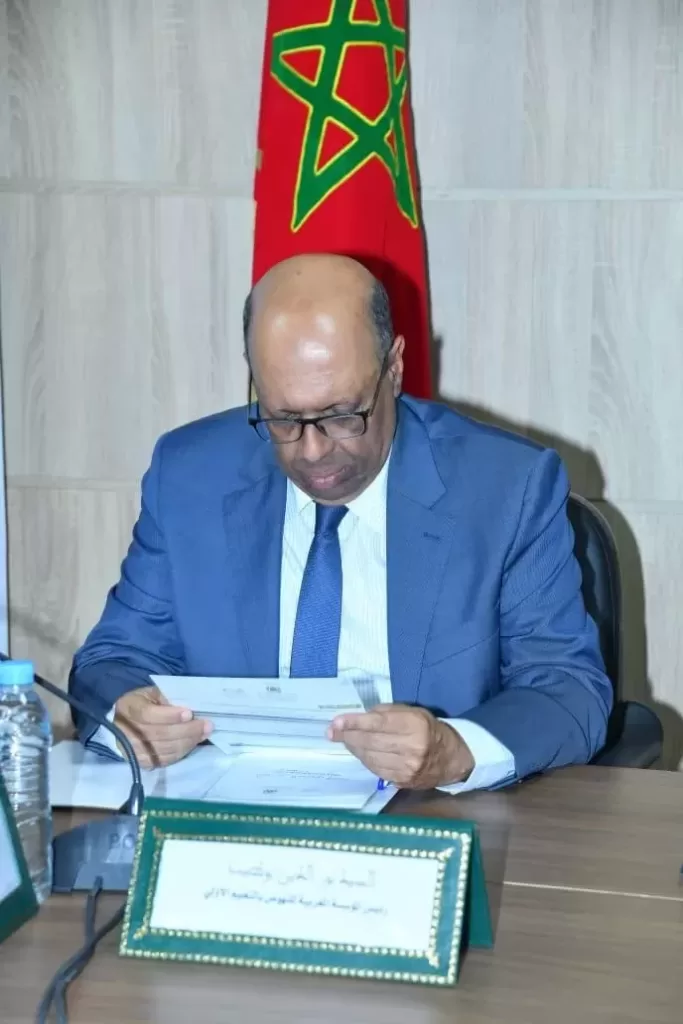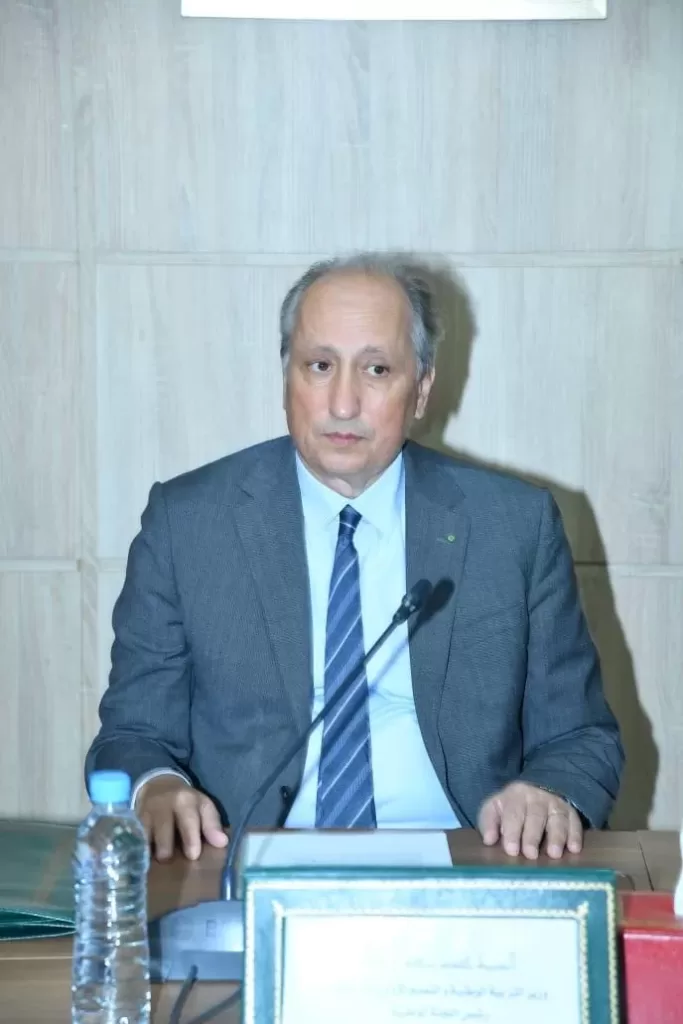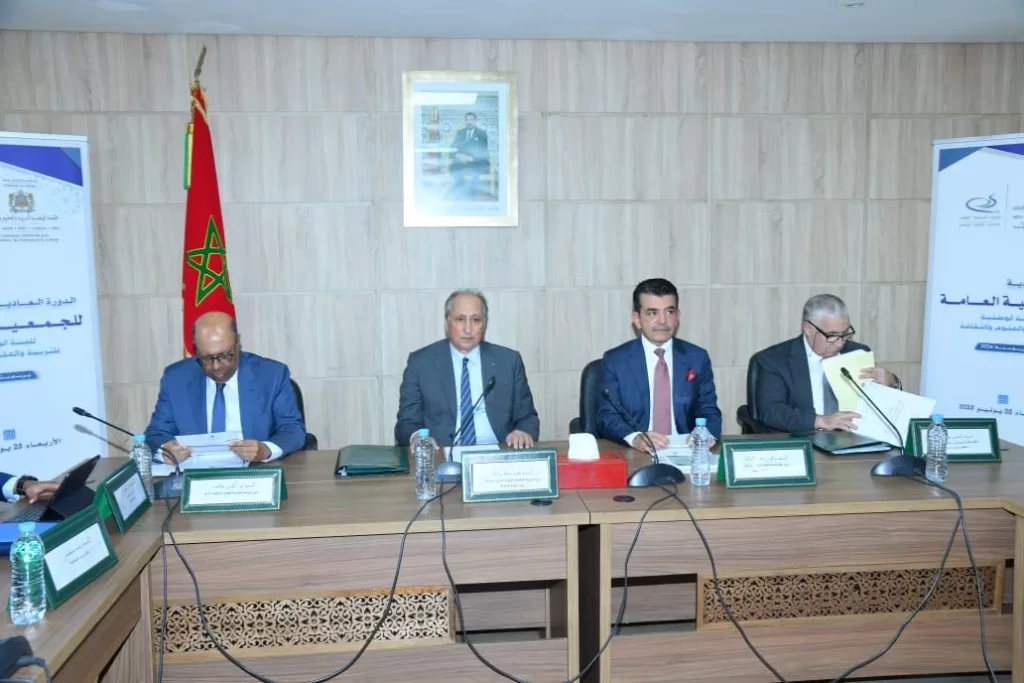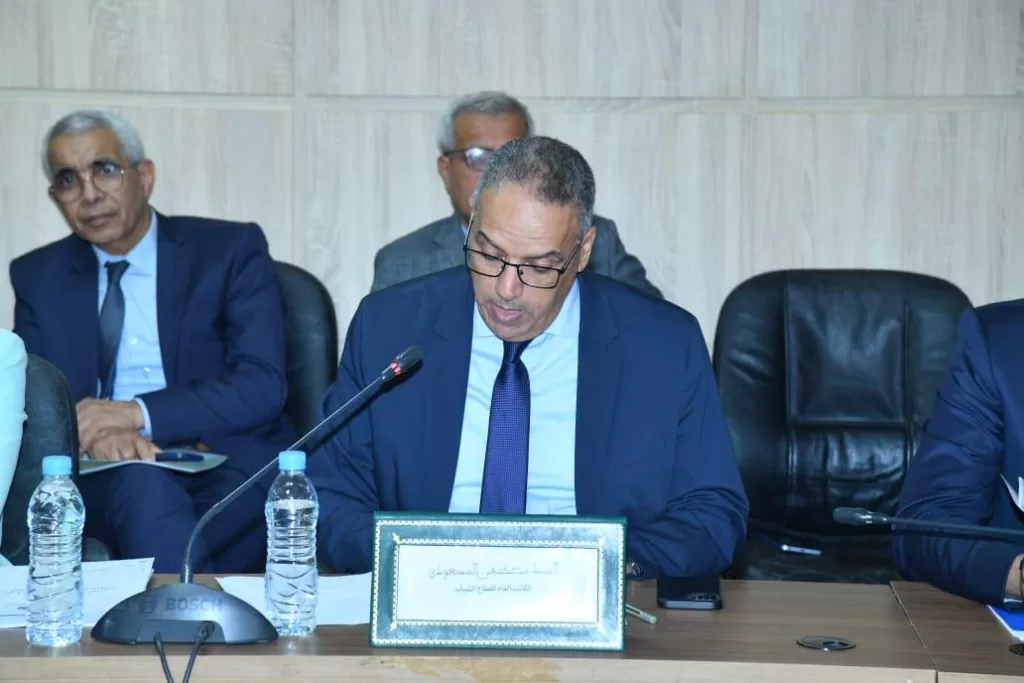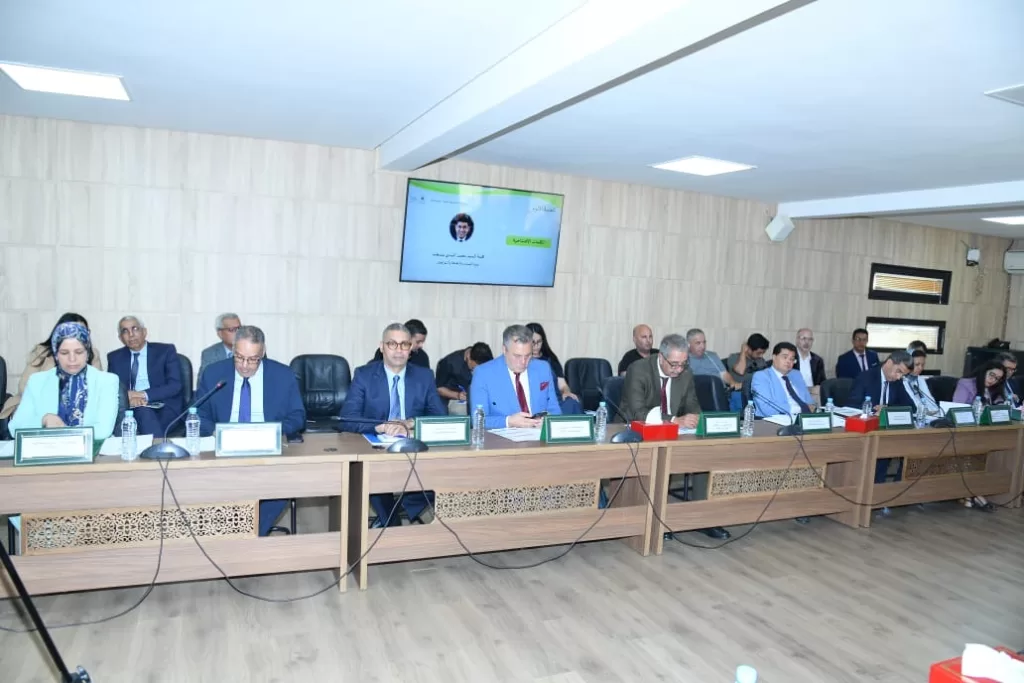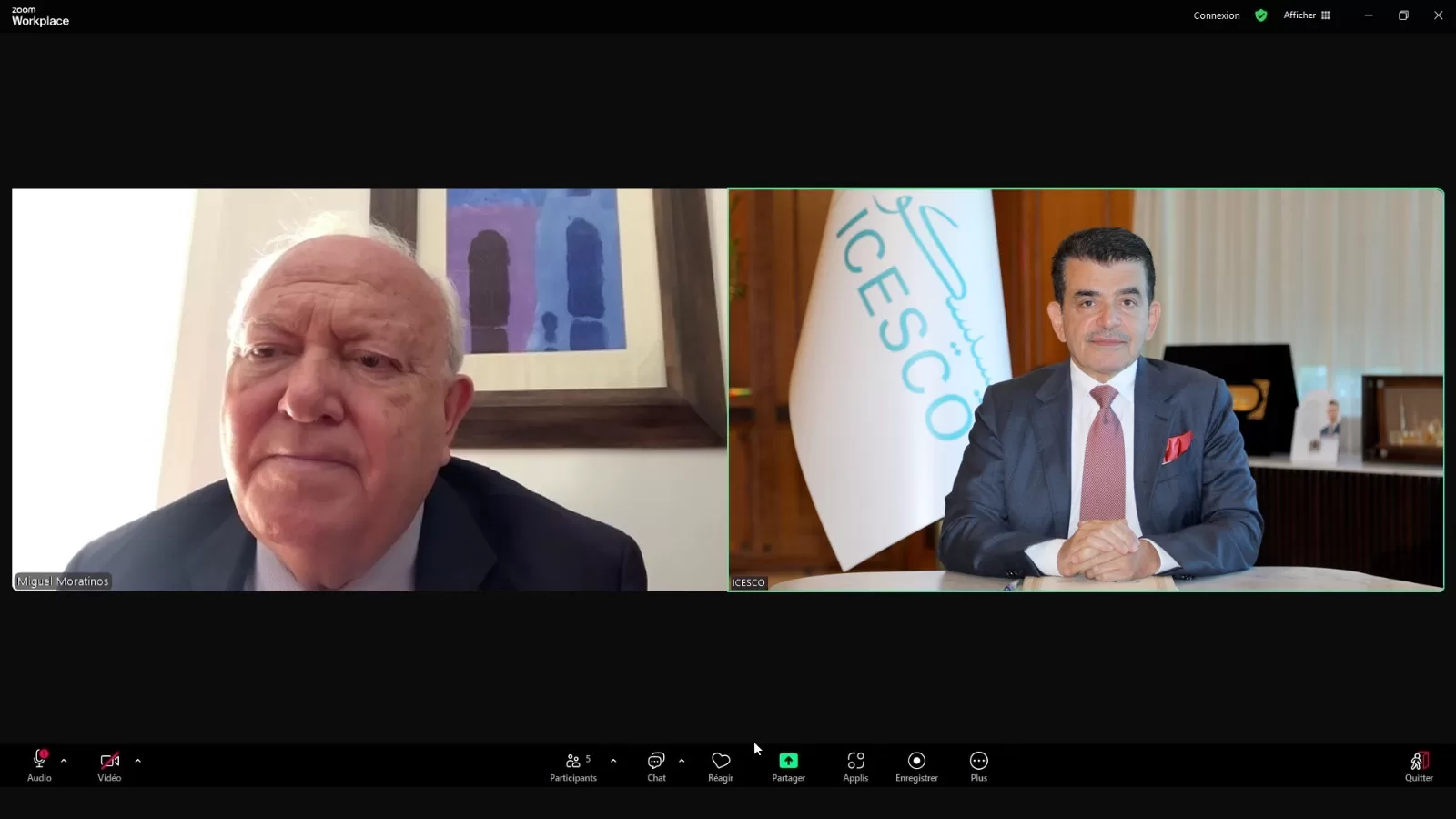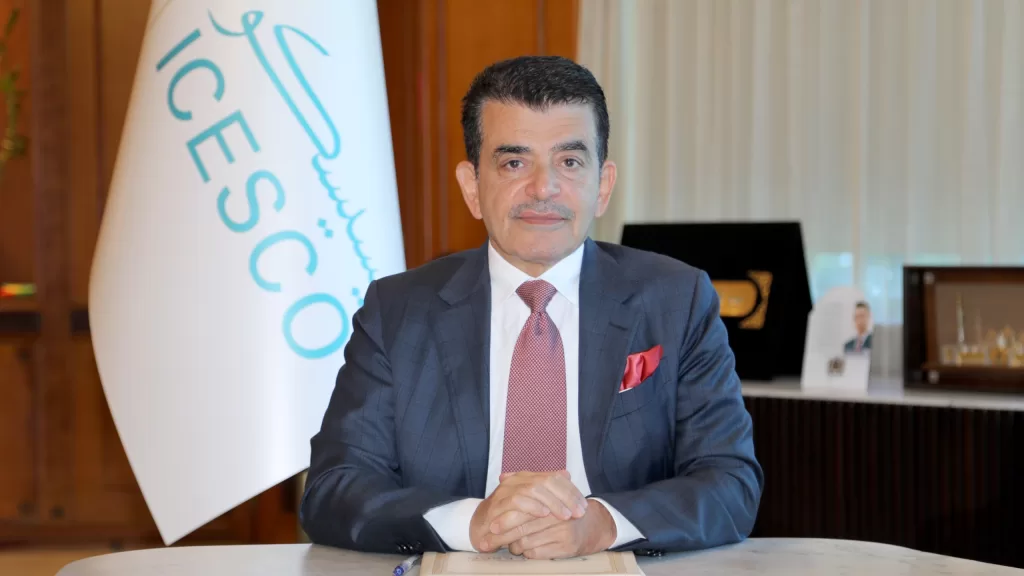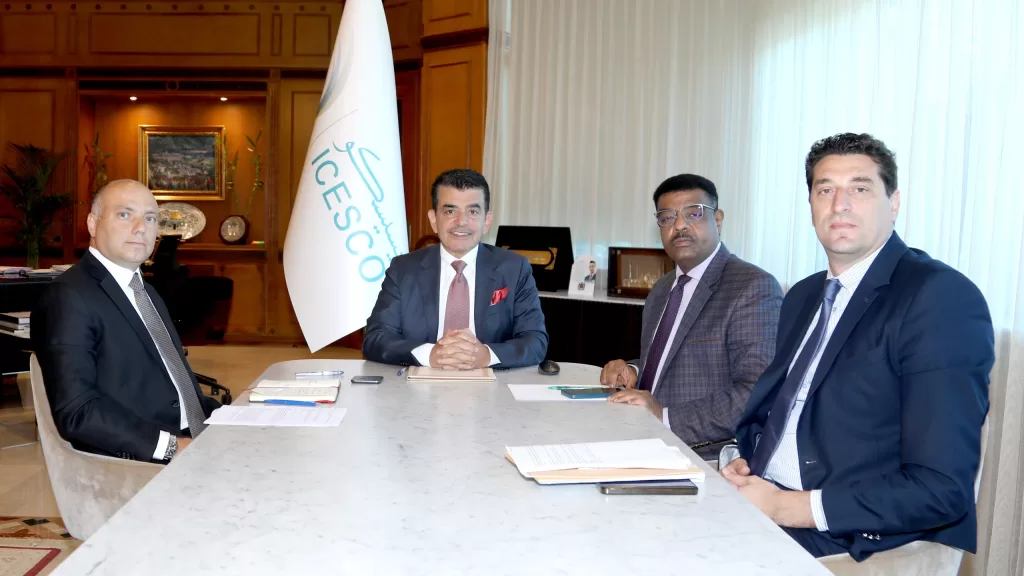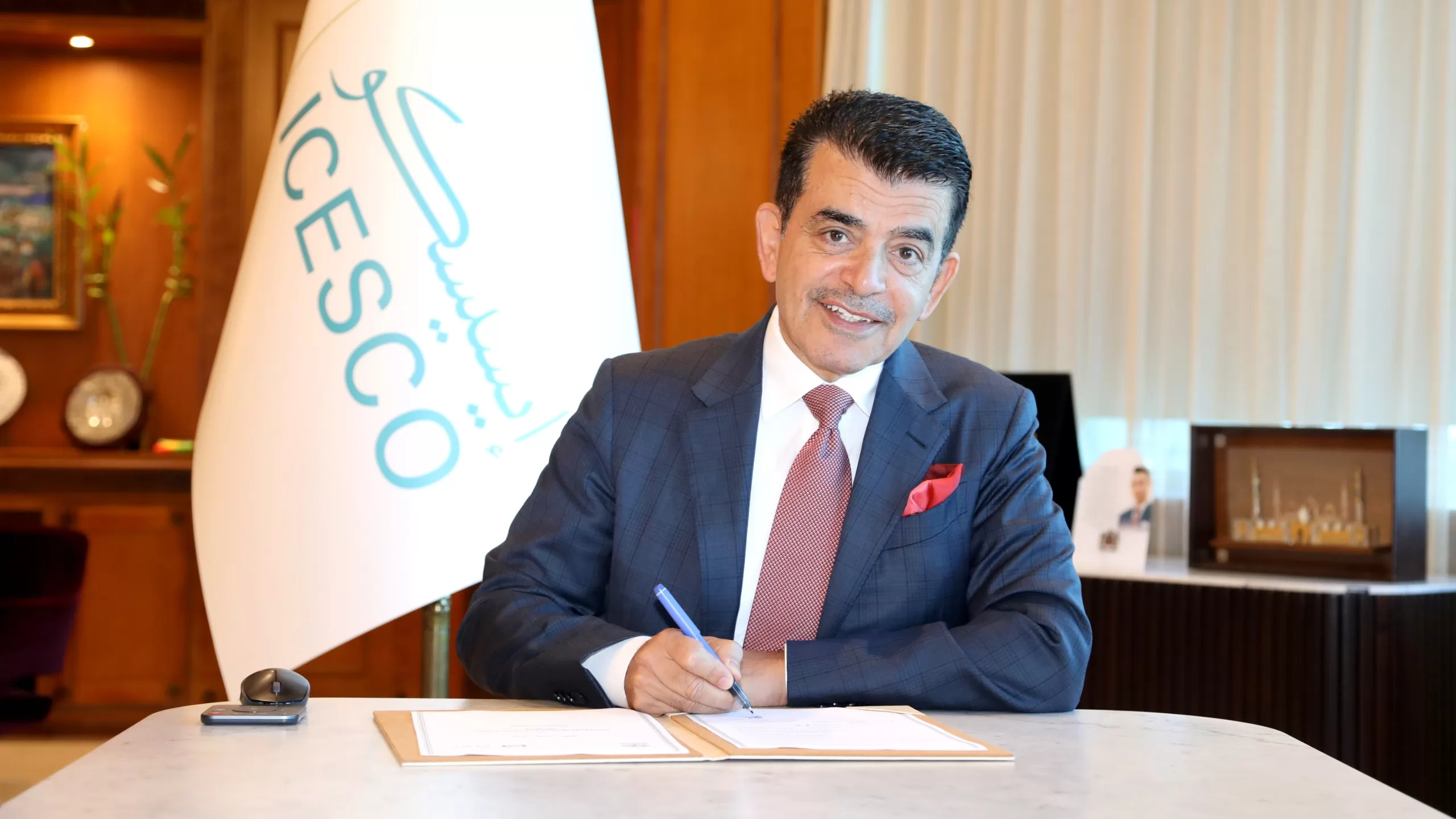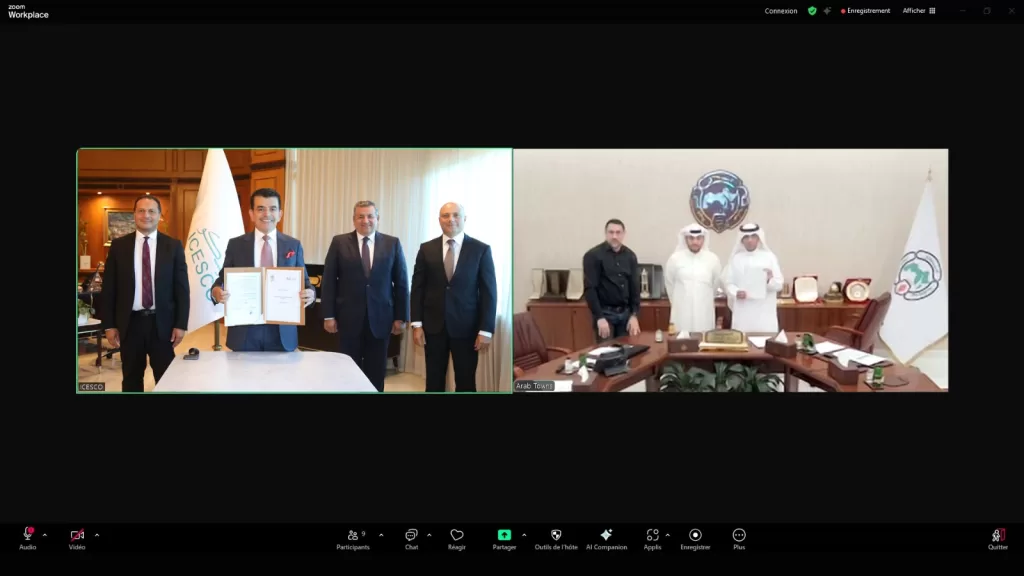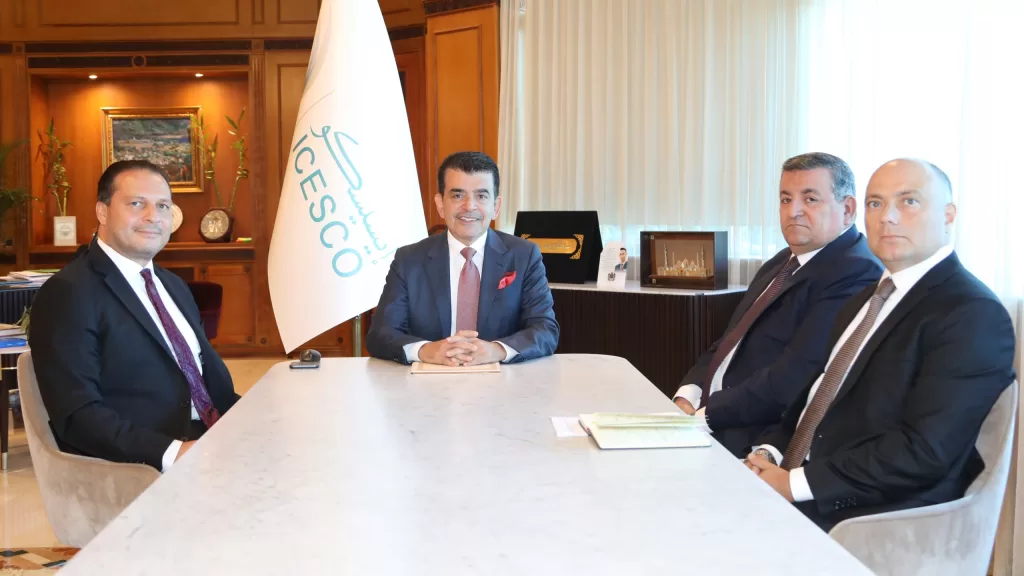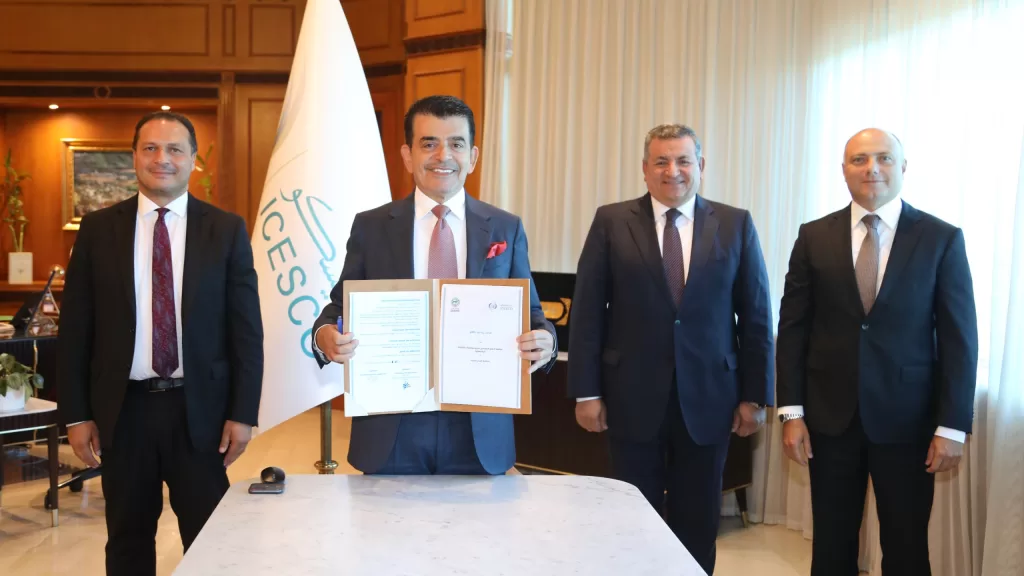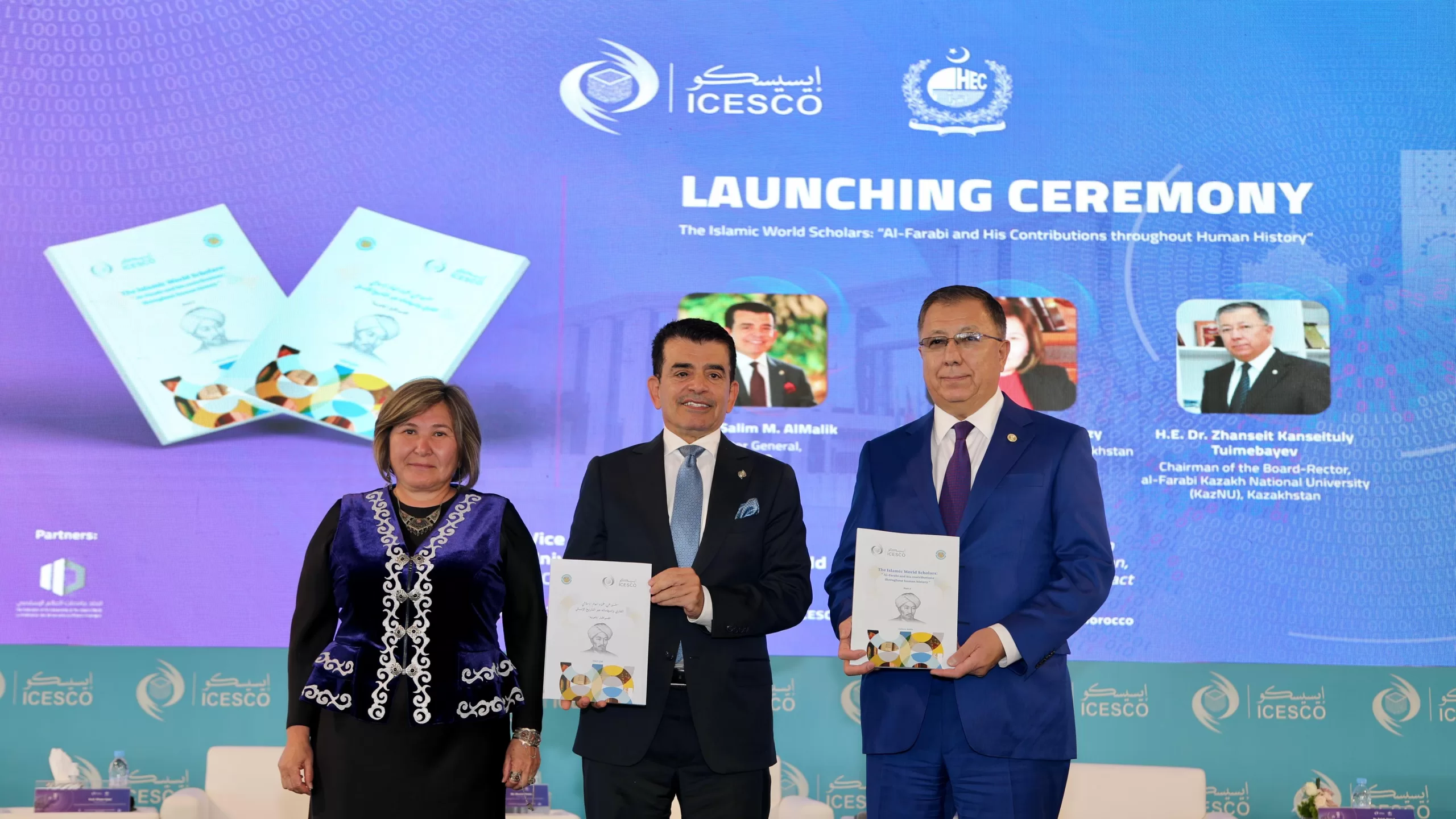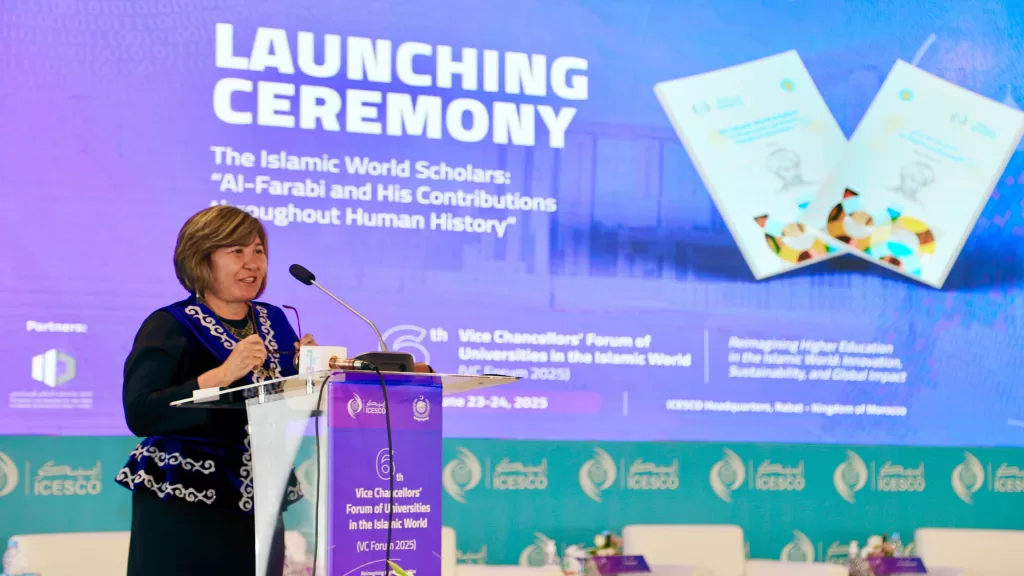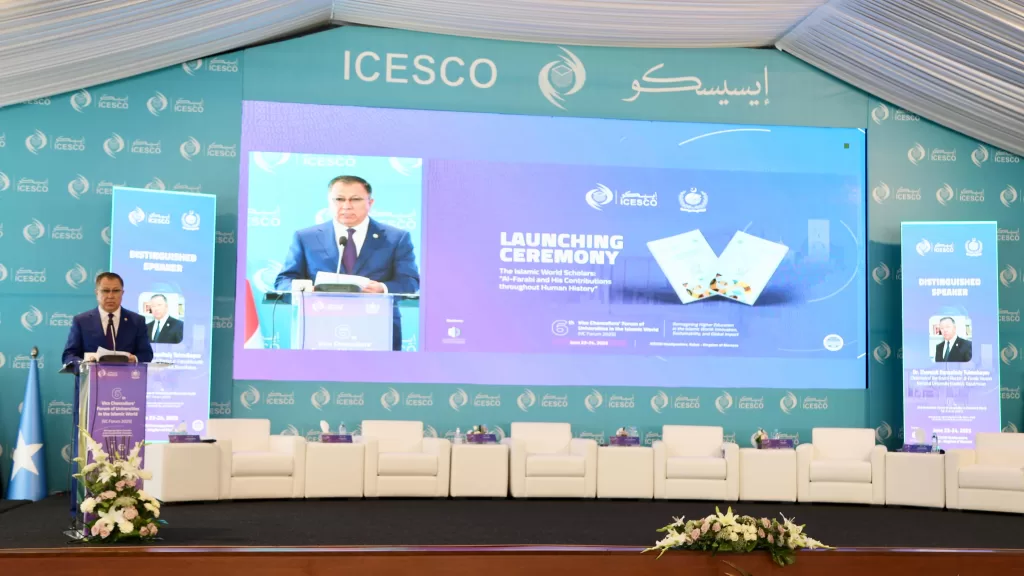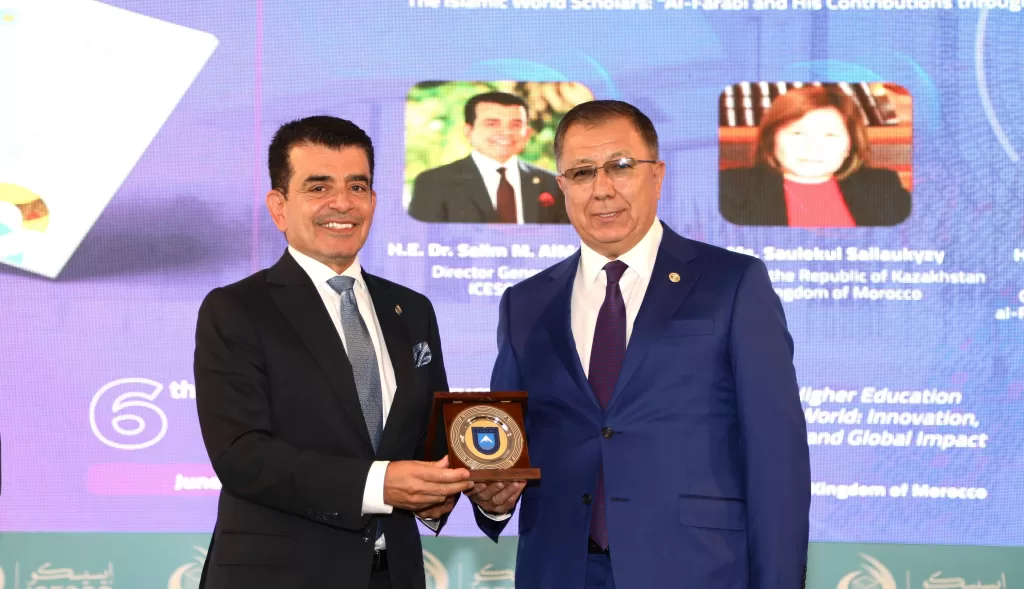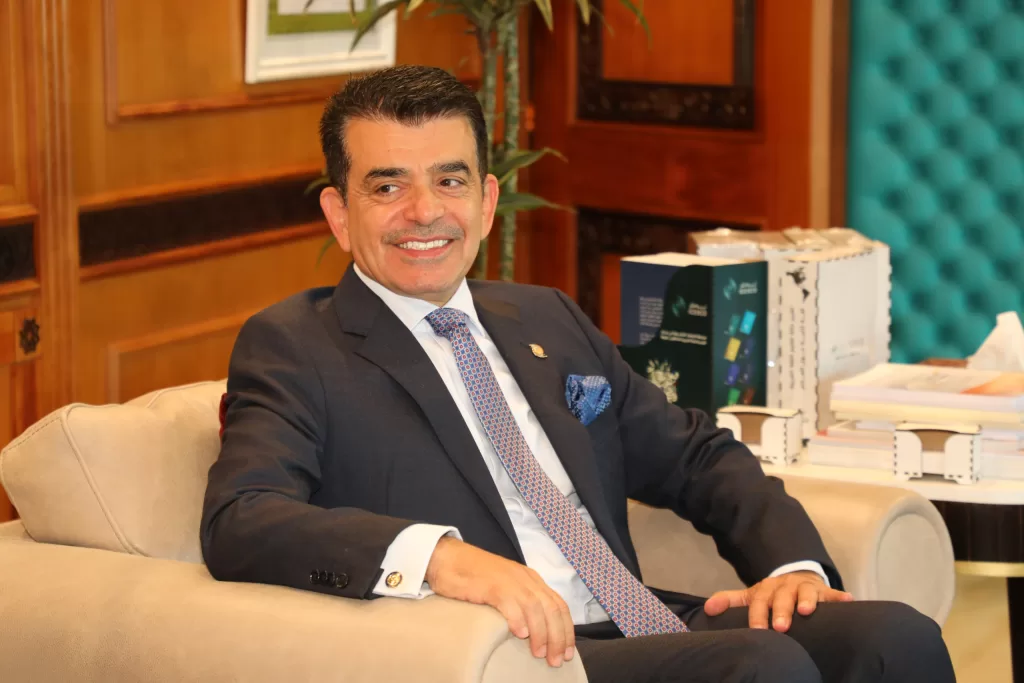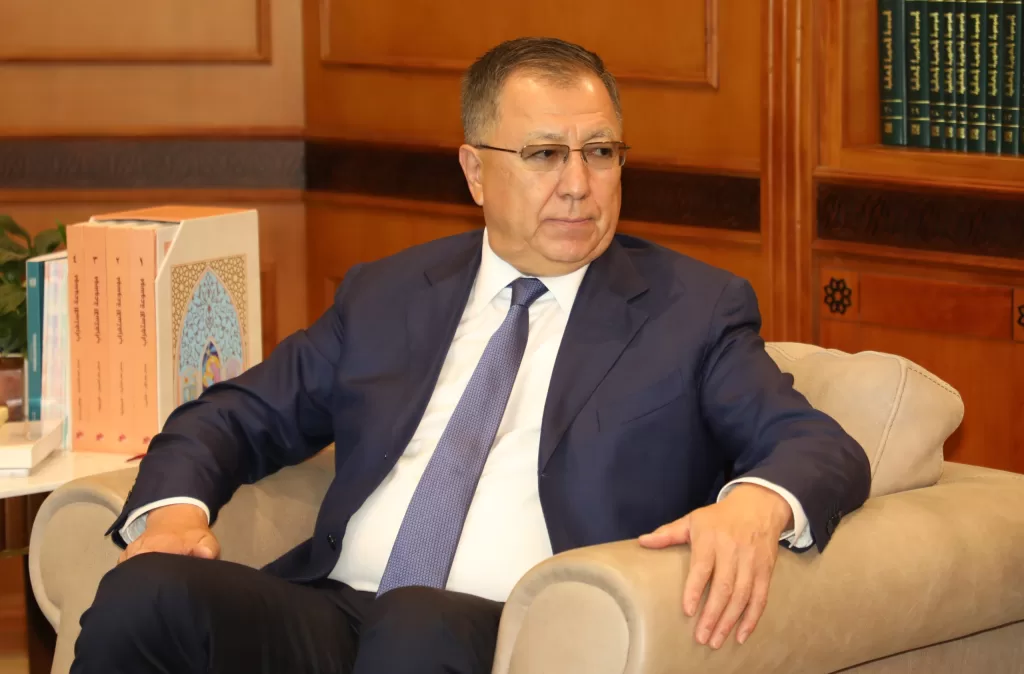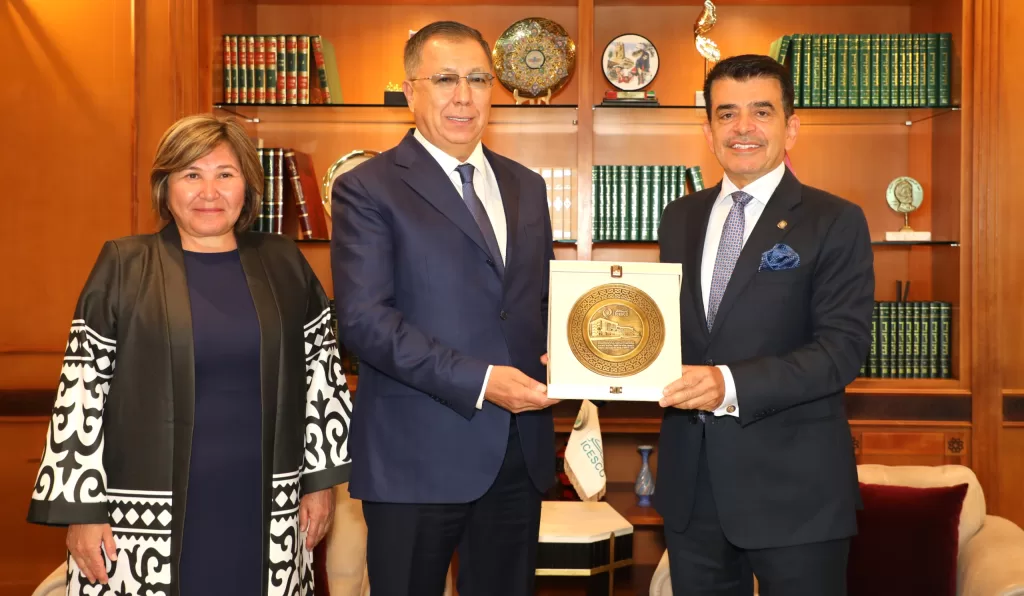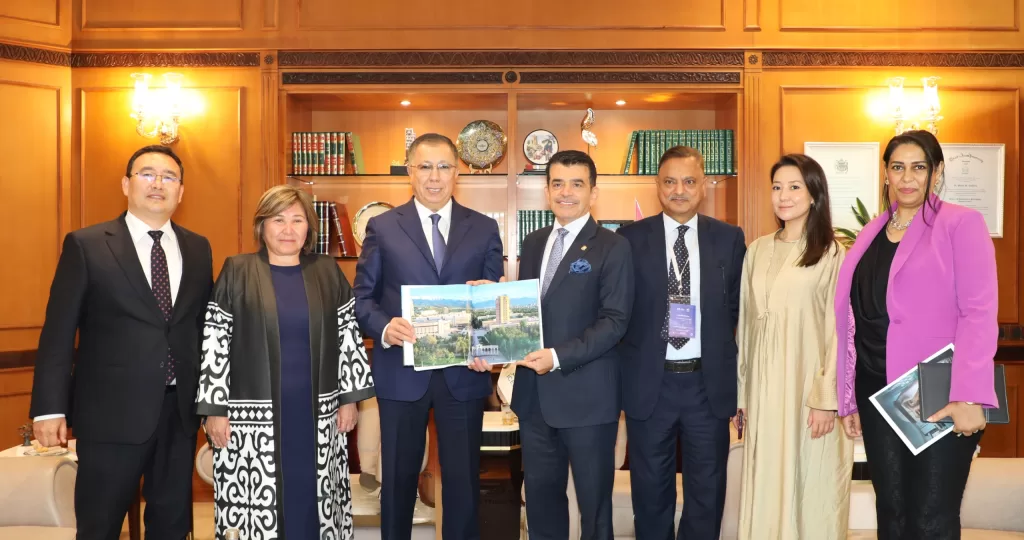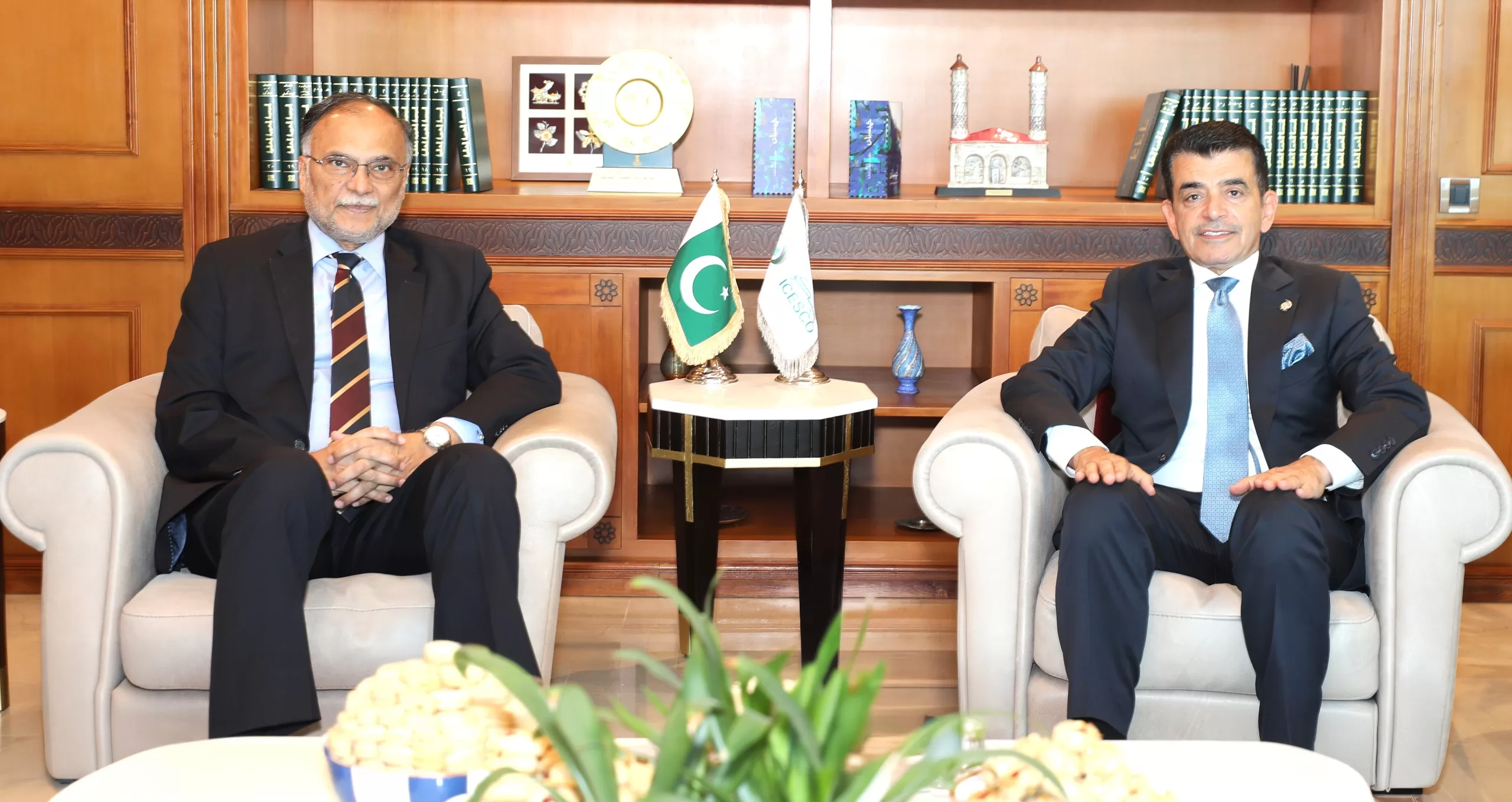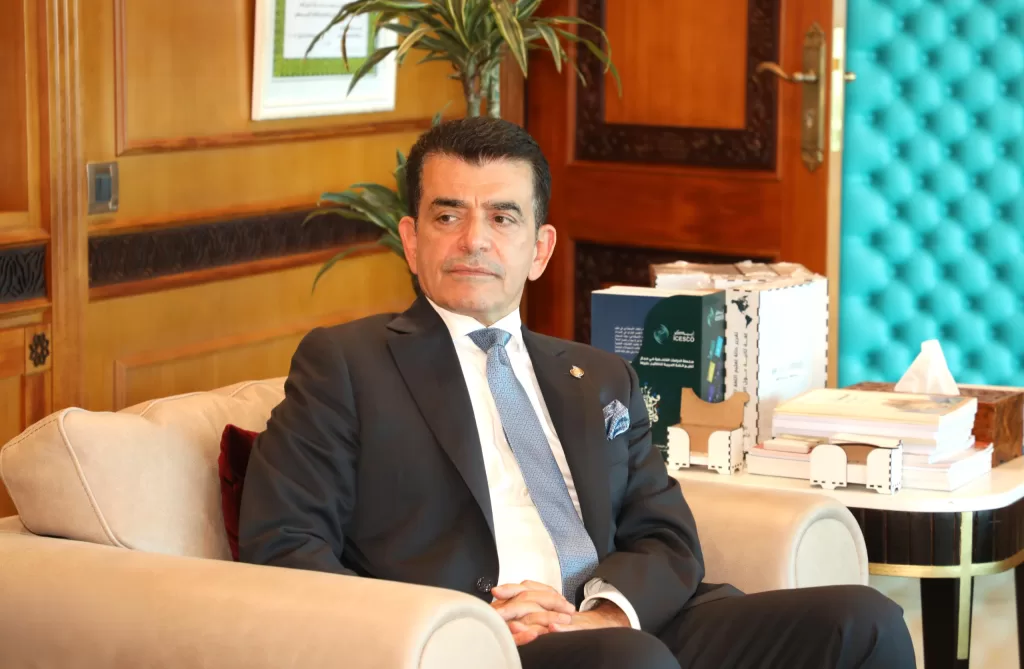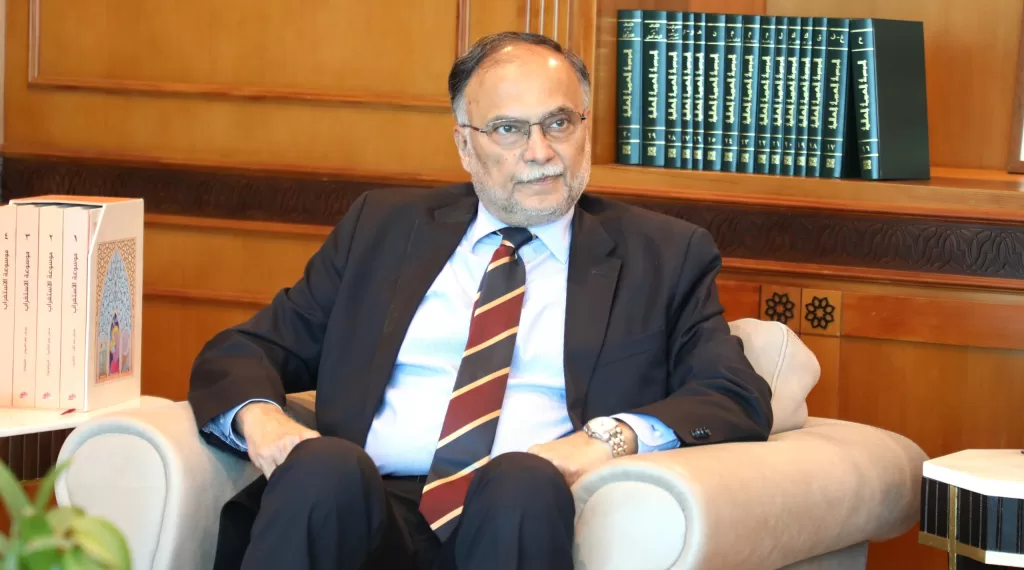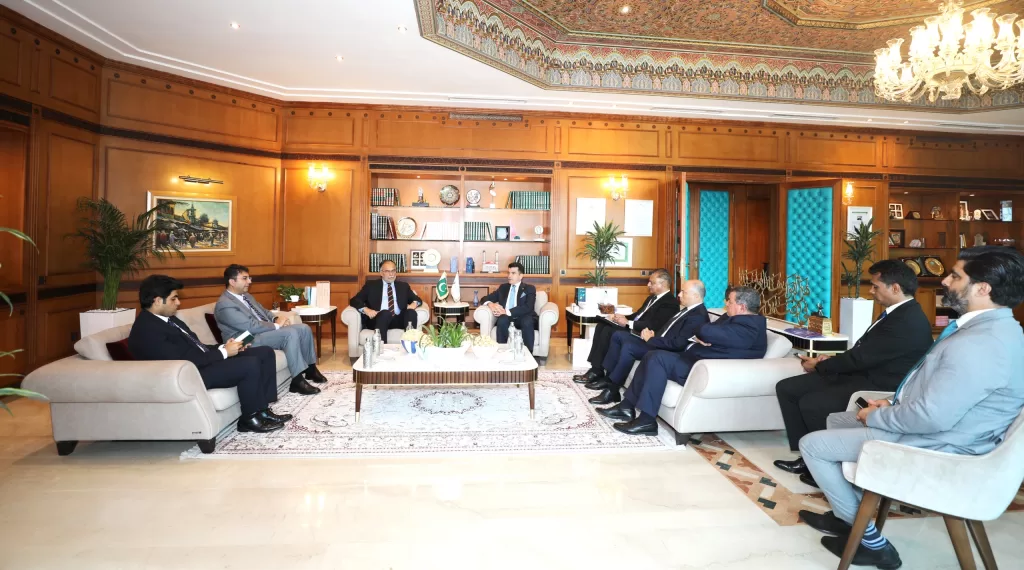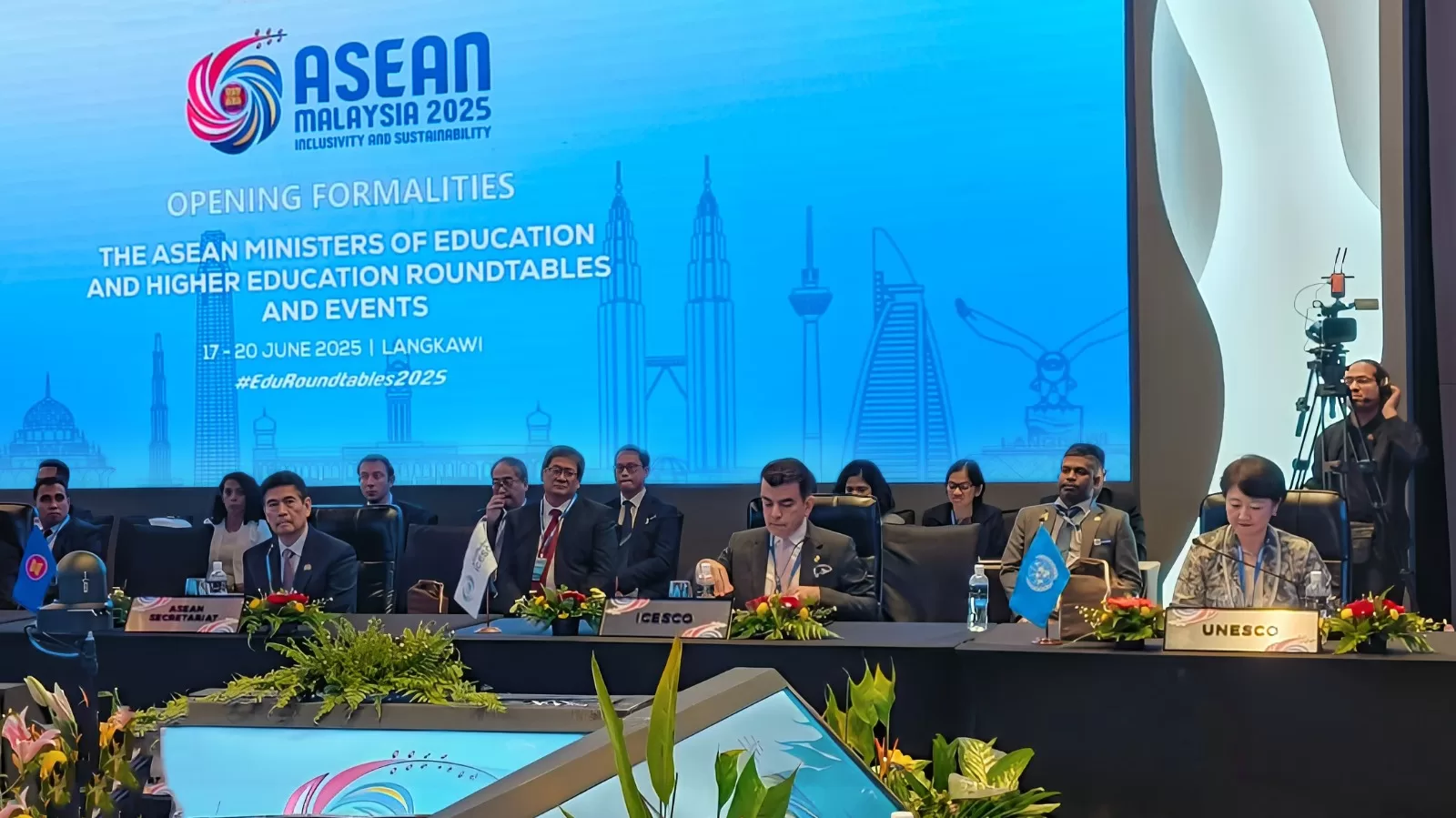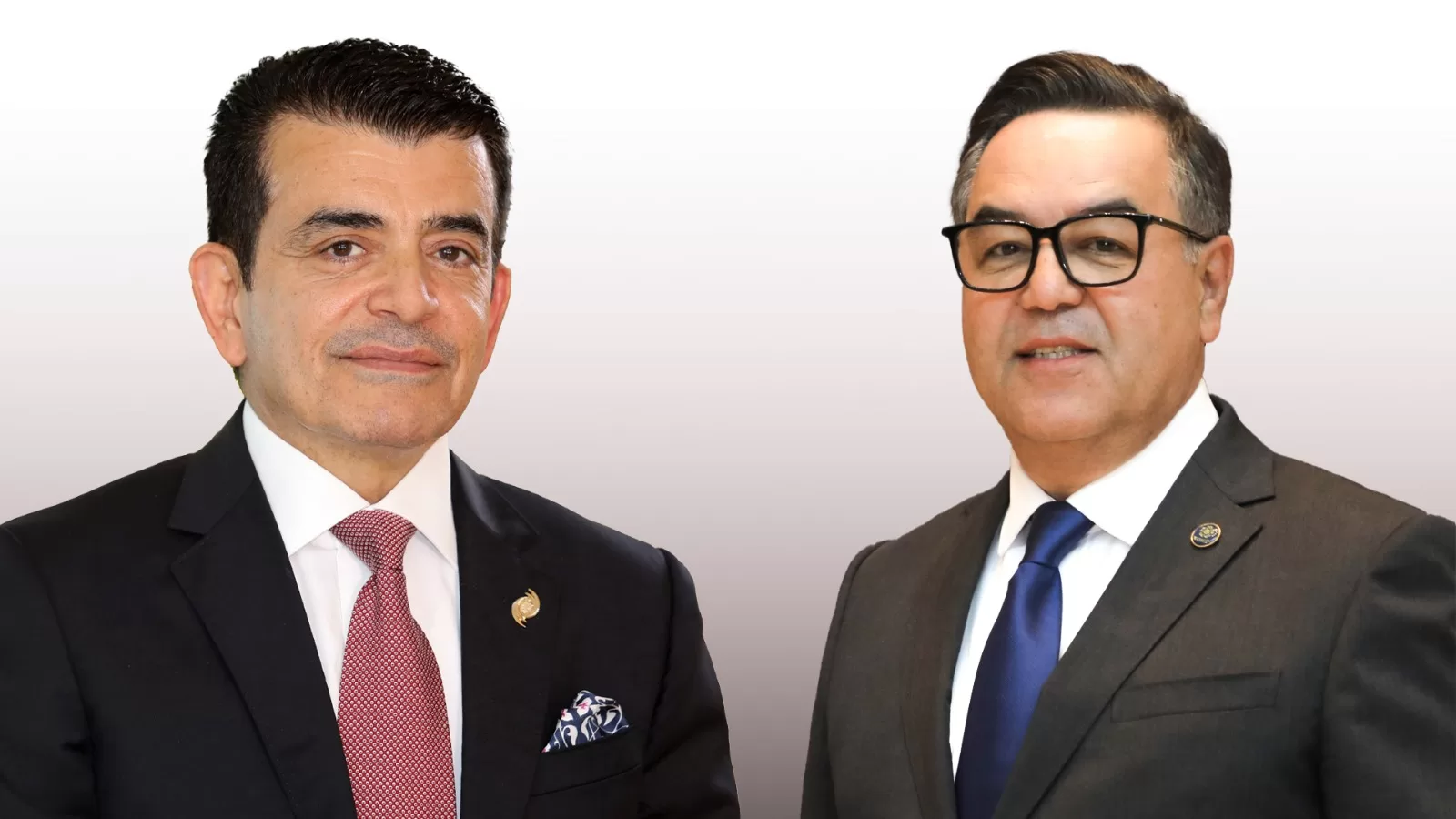Dr. Salim M. AlMalik, Director-General of the Islamic World Educational, Scientific and Cultural Organization (ICESCO), received Mr. Omar Sherif Abdoelrahman, Ambassador of the Republic of Suriname to the Kingdom of Morocco, on Thursday, June 26, 2025, at the Organization’s headquarters in Rabat. During the meeting, the two sides discussed ways to strengthen cooperation in the fields of civilizational dialogue and the promotion of the values of peace, diversity, and coexistence among young people in the Islamic world.
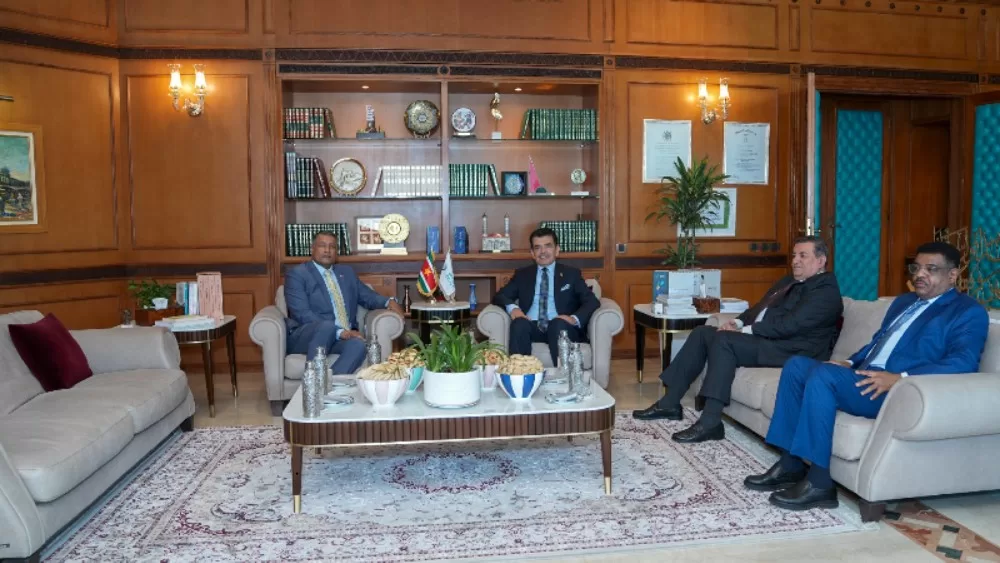
Both sides also stressed the importance of continued and direct communication between them, as well as the implementation of joint programs and initiatives in the educational, scientific, and cultural fields. In this vein, Dr. AlMalik reiterated ICESCO’s openness to learning more about Suriname’s priorities and needs in its fields of competence in order to design projects that meet those priorities.
The ICESCO Director-General also pointed out that building a strategic partnership with Suriname would provide a bridge to effective communication with the countries of the Islamic world and enable the implementation of joint programs with Member States in areas of common interest.
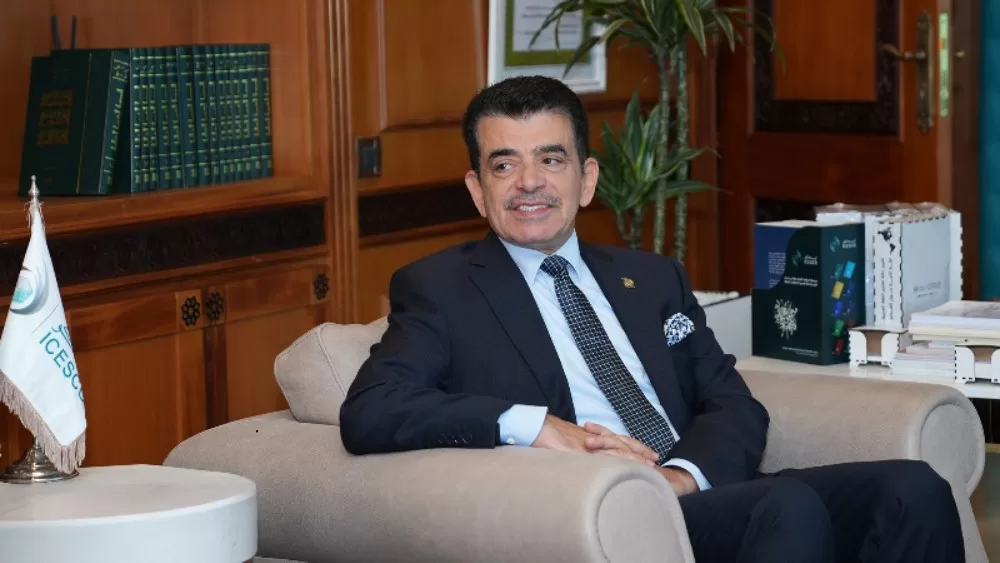
For his part, Mr. Abdoelrahman expressed his country’s willingness to cooperate with ICESCO and engage with the innovative initiatives and activities it offers to its Member States. He stressed the importance of supporting the diversity that characterizes the Islamic world and strengthening its unity, praising the Organization’s efforts in this field.
During the meeting, a number of suggested programs and projects were discussed, including the launch of two civilizational dialogue programs between Suriname and the Islamic world: “Exploring Paths to Understanding and Dialogue” and “Dialogue Between the Youth of Suriname and the Youth of the Islamic World.”
